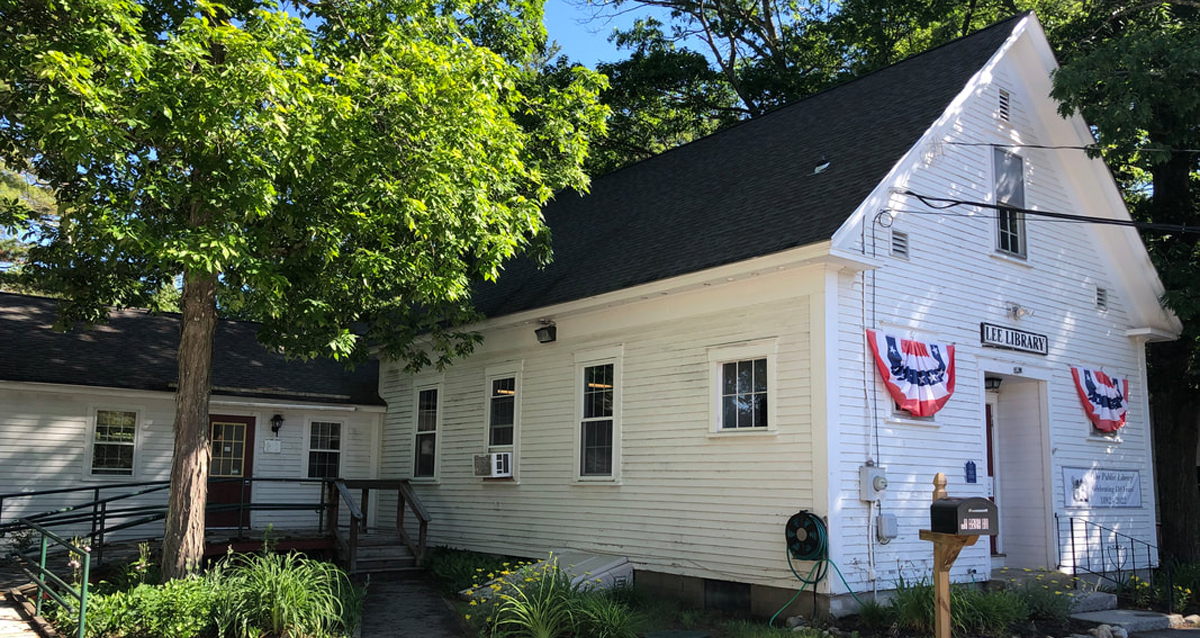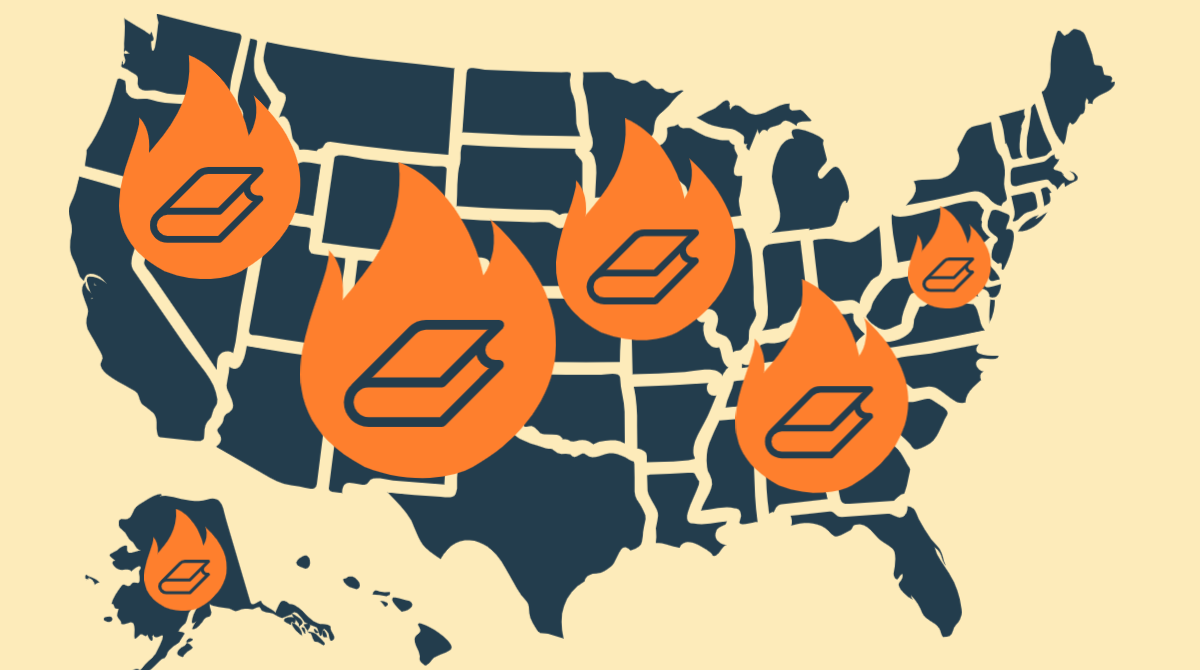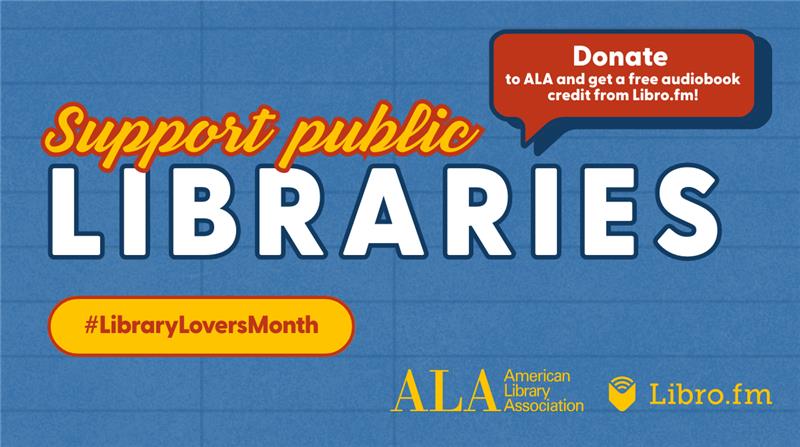Lee (N.H.) Public Library (LPL) had long sought to rework some of its less accessible spaces. In 2022, while in the midst of a large renovation project to make their bathroom and craft area ADA-compliant, LPL discovered that the funding for the project “wasn’t enough to do all the things we wanted to do,” LPL director Hayley Van-Gils told Knology for the American Library Association (ALA).
Unable to fully realize all their plans, which included installing a wheelchair accessible sink, a children’s sink, and handlebars around the bathroom’s toilet, Van-Gils applied for a Libraries Transforming Communities (LTC): Accessible Small and Rural Communities grant from ALA which is awarded to libraries to improve the accessibility of library facilities, services, and programs for people with disabilities.
To be eligible for the grant, a library must have a legal area population of 25,000 or less and be located at least five miles from an urbanized area, in keeping with the Institute of Museum and Library Services definitions of small and rural libraries. The grants range from $10,000 to $20,000.
Serving a population of approximately 4,500 people, LPL was a perfect candidate for an LTC grant. And they were thrilled when their application had been approved. This was just the beginning of the process, however.
After being notified that they had received LTC funding, Van-Gils sought outside input on how to use the funds by hosting a community conversation. Attendees consisted of a mix of professionals who routinely engage with people with disabilities, including an occupational therapist, a special education teacher, and others who regularly participate in library programs. The group agreed to prioritize children’s needs.
The library used LTC funds to install a children’s sink in the library’s craft area and update the area and a story corner, in addition to making the upgrades to their bathroom. LPL’s goal was to “include all children in all activities and have it so that they could easily clean up and join in,” says Van-Gils. Now, the children’s room is “the nicest room in the library.”
Completing this project has given Van-Gils and Judy Belanger, LPL’s youth services librarian, a broader perspective on accessibility for children. Previously seeing this as “just this one thing,” LPL staff learned that accessibility “encompasses so much more” and it’s ultimately about inclusivity—a point made repeatedly during the community conversation.
“To do something like this, where even something as simple as handwashing is easy for everybody, that was a big deal,” says Van-Gils.
Moving forward, LPL wants to pursue additional accessibility projects that benefit the widest swath of people.
After securing two more LTC grants (in 2024 and 2025), LPL plans to update its front entrance and engage wheelchair users and others with mobility disabilities to choose the right automatic door. The library also forged a partnership with a University of New Hampshire program called Northeast Passage, which provides health services to people with disabilities.
“This grant has made things more usable for the general population,” says Van-Gils. Agreeing with this assessment, Belanger adds that “everybody has benefited.”
ALA’s LTC grants offer more than $7 million to small and rural libraries to increase the accessibility of facilities, services and programs to better serve people with disabilities. HPL is one of 240 libraries that have received funding. Of the selected libraries, 65% serve communities of less than 5,000 people. See the full list of libraries.
Your support of the American Library Association helps make these programs possible. Join us and become an ALA supporter today.
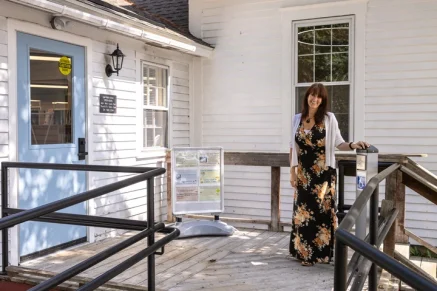
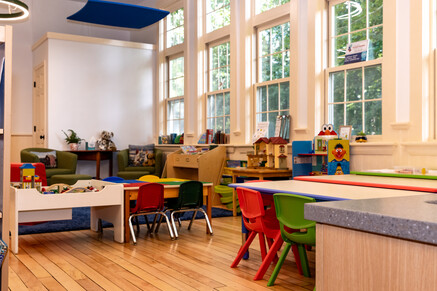
Become a Supporter
Subscribe to the I Love Libraries newsletter! You’ll get news from the library world, advocacy updates, author interviews, book lists, and more delivered to your inbox every month.
Knology contributed to this story.
